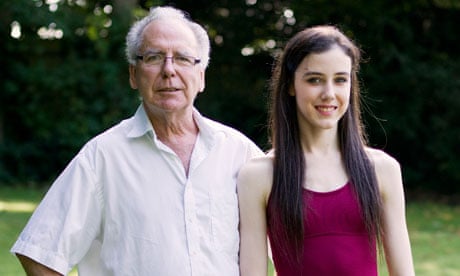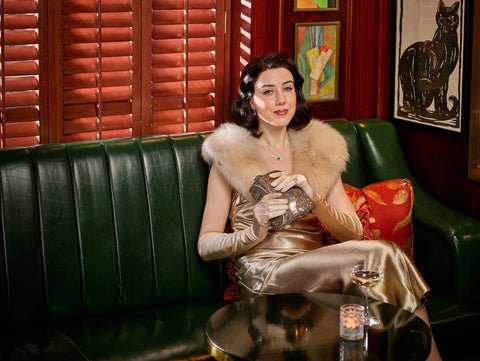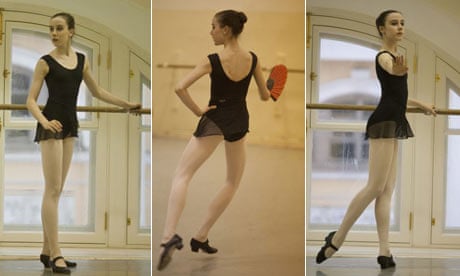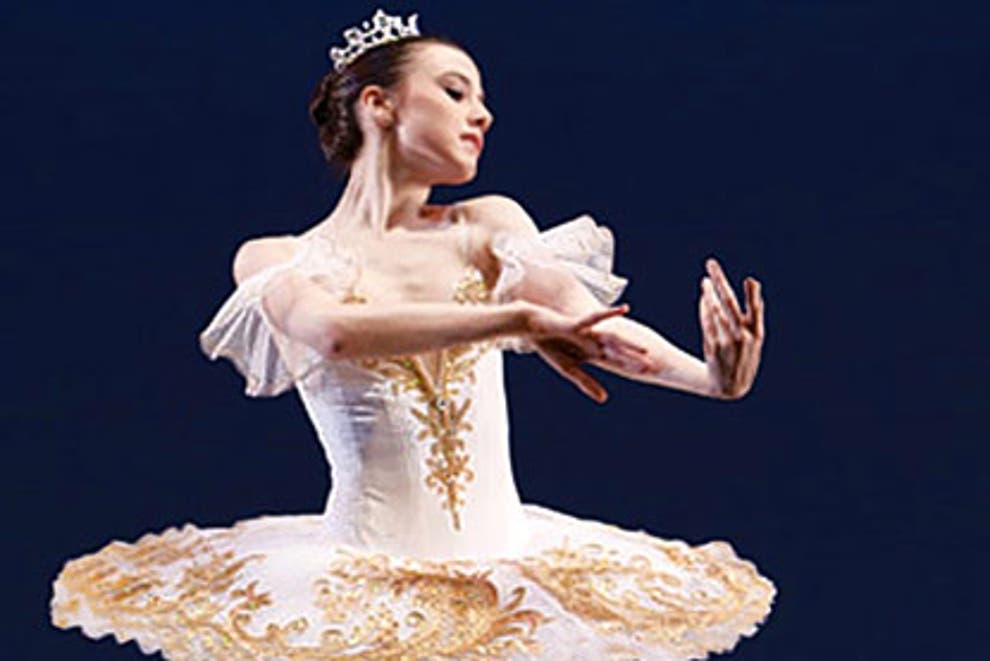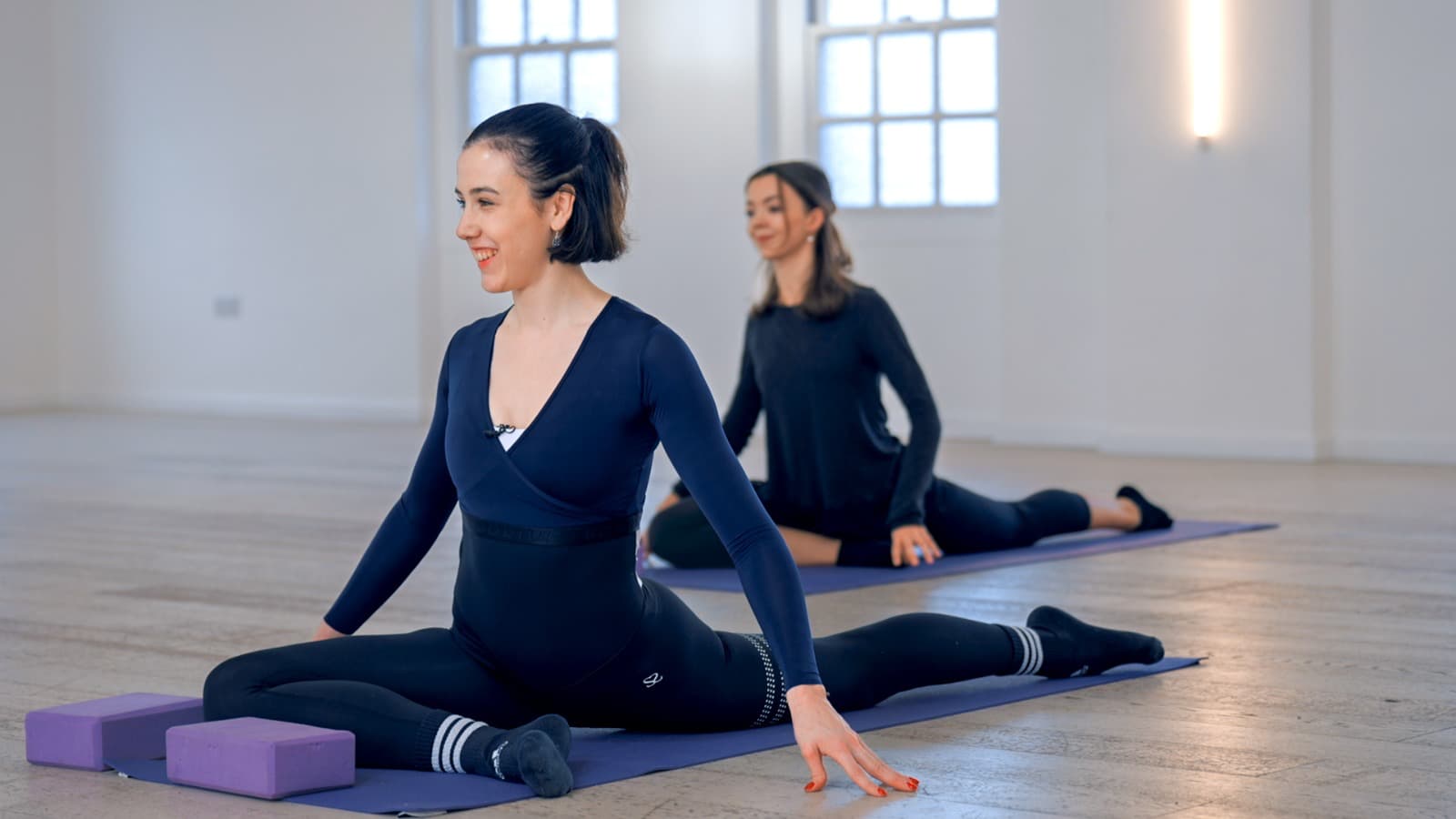What is it like to see your 16-year-old daughter move to Russia, to join one of the world’s toughest and most prestigious ballet schools? And what is it like to be the far-flung daughter?
IAN MAYES, IN THE UK
Isabella was just 16 when she went to Russia. She was 19 in August. For me she was, in Laurie Lee’s expression, “a late fall”: I was 56 when she was born. The two things people tend to say when they learn I have a teenage daughter studying ballet in Russia are: “You must be very proud,” and “How could you let her go?”
She is the only English girl at the Vaganova ballet academy in Saint Petersburg. The school has a historic and close relationship with the Mariinsky ballet company. Under communism it was the nursery for the wealth of homegrown talent possessed by the Mariinsky’s nominal predecessor, the Kirov, and before that it was the Imperial ballet school. Isabella loves being there, I’m happy to say; as otherwise, more than 1,000 miles from home, she probably wouldn’t have survived the tough demands it makes. It’s love it or leave it.
Like her mum, I am proud – proud but not pushy, I hope. Perhaps here I should say that Isabella’s mum, Ann McGuire, is the frontline person.
She has been Isabella’s friend, manager, mentor and constantly available support, and that is saying quite a lot as contact often starts early. St Petersburg is awake three hours ahead of Britain. The blessed Skype has been essential in keeping homesickness at bay.
I often have breakfast with Isabella while she has her lunch, the first class of the day already over – or we spend an hour together before I leave my office (a converted summer house in the garden) in the evening. Skype can keep us in free face-to-face contact for hours on end. I write while she cooks, eats, sews or stretches. Her cats, Sam and Jack, occasionally say hello to her on Skype, too.
While the Mariinsky were in London this summer all our lives seemed to revolve around them. Apart from seeing almost all they did, Isabella did class with them a couple of times at the Royal Opera House, and went to many of their rehearsals. Seeing a ballet being polished in rehearsal is an important shared experience for Isabella and her mum and me, like that of attending a class in St Petersburg. It’s a chance to look inside Isabella’s world, and for her to show us at close quarters what her work is and why she is so dedicated to it, the risky concentration of it all.
Looking back, it was still a huge decision for her to go to Saint Petersburg. The administrative head of the Vaganova warned her that foreigners didn’t usually last long. She did her GCSEs – the premature end of her formal education – in her final year at White Lodge, the Royal Ballet junior school in Richmond Park, London, and off she went. She was only just 16 and without a word of the language when she was left there for the first time. I admired her pluck.
There is always a barely subterranean anxiety about the cost of it all – the school fees (thankfully paid for in the past couple of years by a sponsor, the Slater Foundation), the food, the physiotherapy, the occasional MRI scans, the frequent flights to visit. But most of all there are concerns about her wellbeing: is she happy, uninjured, is she eating sensibly? The answer to that one is always yes. She is quite tall, but height, accompanied by talent, is actually something the Mariinsky celebrates.
As for “how could you let her go”? How could you not let your daughter study at arguably the best classical ballet school in the world, in one of the most beautiful cities on earth?
ISABELLA McGUIRE MAYES, IN RUSSIA
I guess my life is very different to the average teenager’s life. I don’t party, I don’t have time for boyfriends and I’m very focused on my future. I started like any other little girl – I was two, going to baby ballet – it wasn’t serious, we just twirled ribbons and that sort of thing. Then, when I was seven, I met a Russian ballet teacher and she gave me my first lesson. I didn’t enjoy it at all – I cried and told my parents I didn’t want any more lessons. A few days later I did an about-turn, and said I wanted to “see the Russian lady again”. Lessons progressed and I fell in love with ballet.
At 15, I was offered a place at both the Royal Ballet Upper School and the Vaganova Ballet Academy. I had to make a choice between staying in London or moving to Russia on my own. I decided to go to Russia. It was a difficult decision: I didn’t speak the language, I didn’t know anyone there, I was leaving my friends and family – but it felt like it was what I needed to do.
I was really afraid to begin with. I didn’t know what to expect, but I knew it was the best school in the world and that it would be great for me. It was easier to stay in England.
Like any athlete, the hardest part I have to deal with is the physical pain. I get a lot of aches and I just have to work through them. I dance with the pain – I can’t stop at the slightest twinge otherwise I’d be off all the time. But I know my body well enough to be able to tell when I need to rest. It takes a lot of mental strength, too. I stay grounded and positive. At the end of a really hard day I need to unwind alone. I watch British comedies or films to switch off – just having a “normal” evening gets me ready for the next day.
I saw the film Black Swan when it came out earlier this year. There were a few bits I could relate to – like when Natalie Portman’s character gets the lead and runs to the loos to call her mum – but most of it is wildly exaggerated and nothing like the ballet industry at all. Ballet is very competitive, but not as obviously as in the film. It’s a lot more subtle – everybody is hungry and competitive but in a quiet way. It’s almost as though you’re competitive with yourself more than anybody else.
My parents weren’t particularly interested in ballet before I got into it, but as time has gone on we have all become fans. They come and see me as often as possible and we talk on Skype a lot. It’s really important to me that we keep in contact as much as possible – they’re an incredible support. I couldn’t do without them.
Source (https://www.theguardian.com)
